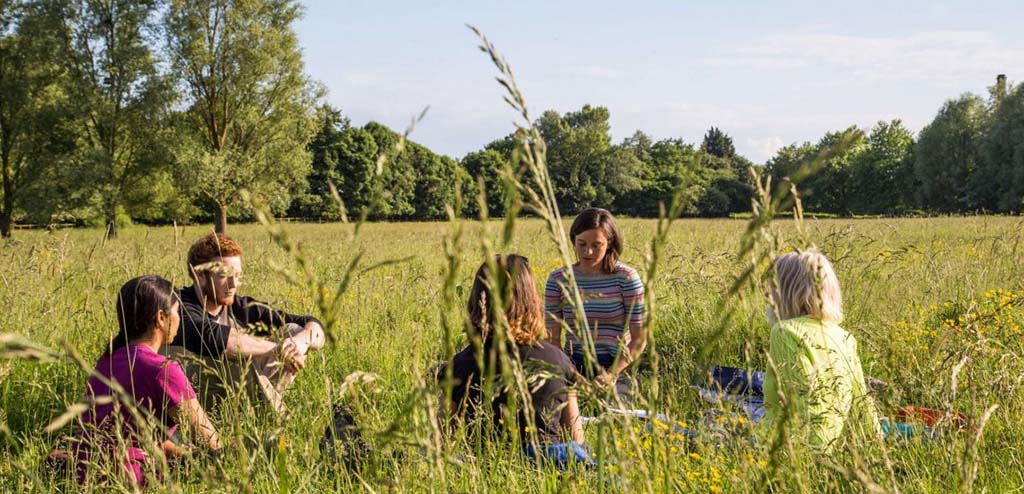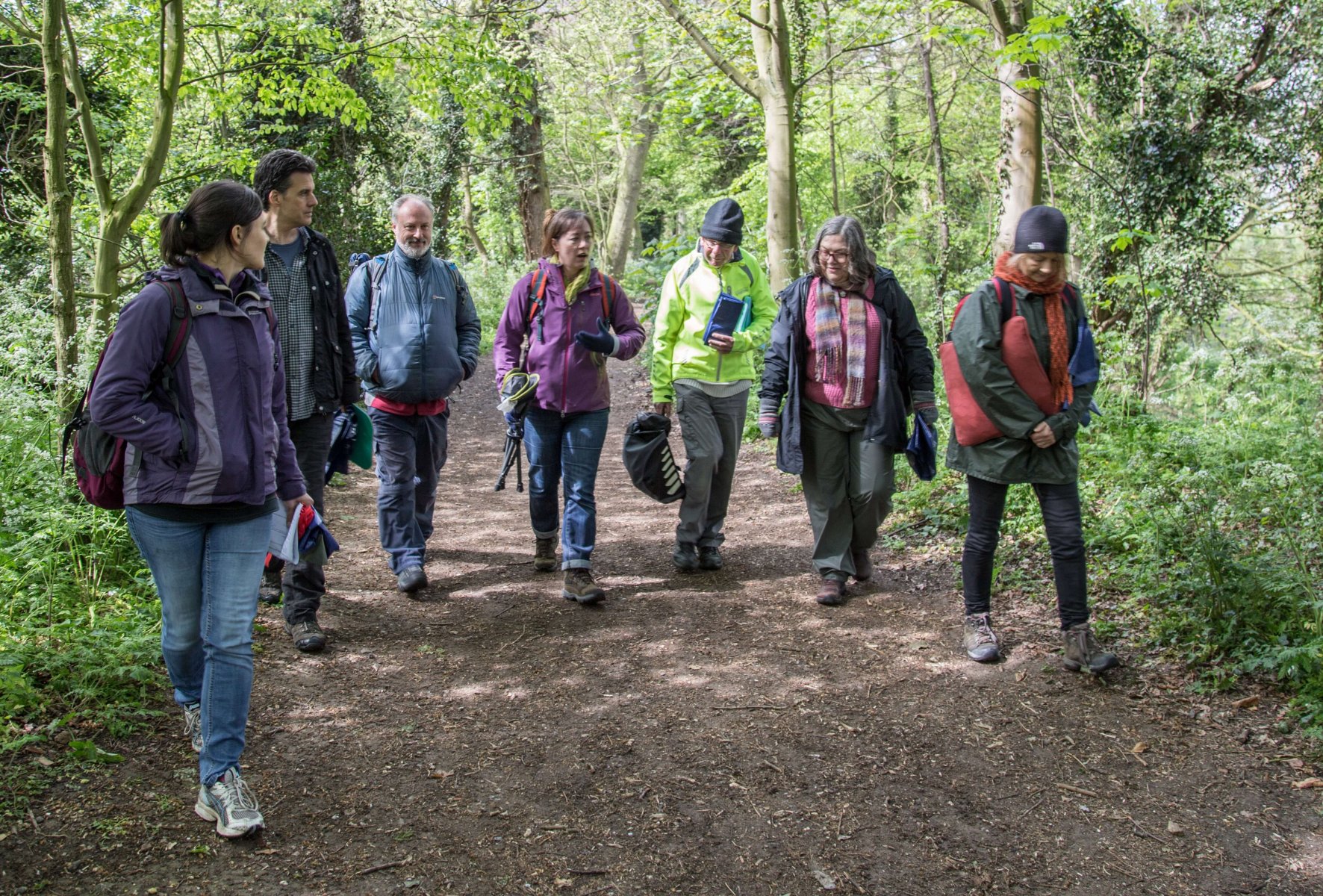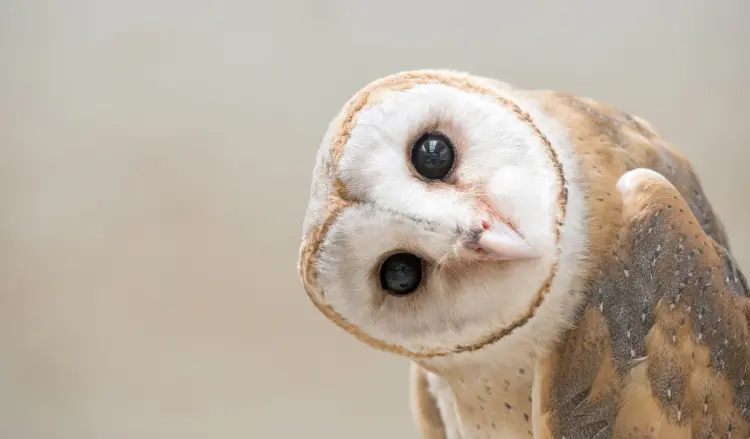Turn on, tune in, go birding: the secret to mindful birdwatching

This weekend we celebrate both World Migratory Bird Day and World Mental Health Day. For Claire Thompson, author of The Art of Mindful Birdwatching: Reflections on Freedom Being, bird flight is a symbol of freedom, representing the ability to soar through life without limitations.
By Mireia Peris
Similarly, mindfulness – the practice of being fully present – helps us reduce stress and invites freedom and happiness into our lives. It stands to reason that mindful birdwatching can enhance our wellbeing and our connection with nature. But exactly how do we tune into the avian world and tune out of everything else?
What inspired you to make the connection between a wellbeing practice such as mindfulness, and birdwatching?
I’ve always been inspired by birds and their flight – probably because I’ve always had a longing for freedom. Similarly, mindfulness is also about freedom – it’s about letting go, going beyond the constraints of our past conditioning and being present with our genuine moment-to-moment experience. Throughout my life, I’ve often had the feeling of being trapped and wanting to be free – from my thoughts, but also from that feeling of having to ‘fit in’ in order to belong. When in nature, and in the company of birds, I feel free to be myself, just as I am, whatever I am feeling. There is a huge freedom and effortless belonging in that. Birds inspire mindfulness and mindfulness enhances birdwatching – so it seemed like a natural connection to make.
How can birdwatching help people to cope with anxiety or other mental health issues?
Birdwatching is an activity that can take us out of our minds and into our direct, feeling, sensory experience. It’s very grounding. It also connects us with beauty and joy, which are essential components of wellbeing. There is so much to appreciate about birds, and so much diversity – their colours, their shapes, their flight patterns, their songs. Furthermore, birdwatching requires paying attention – being open to sights and sounds around us – in order to spot birds. Again, this takes us into the present moment. Anxiety and other mental health issues are often driven by being lost in our minds. Anxiety is essentially a fear of what may or may not happen in the future, for example. In the present, when we are engaged in the moment, anxiety dissipates.
What are your top two tips for someone who wants to enrich their birdwatching experience with mindfulness?
The first one would be to practice going ‘beyond labels’, and really look and listen. Often birdwatching can be about spotting and naming species. There is, of course, a lot of value in that. However, bringing mindfulness to birdwatching involves staying present a little longer and being curious about our sensory experience: what colour is the bird? How is it behaving? What’s its song like? Where is it going? What’s it’s flight pattern like? How do you feel while you are watching it?
The second one would be about attitude. Mindful birdwatching means watching birds with presence, compassion, and an open mind. Jon Young wrote the book What the Robin Knows about what he calls ‘bird language’. In it, he talks a lot about the importance of our attitude when we spend time with birds. How we move through the landscape is important because birds will sense this. If they feel chased or hunted, they will want to escape. If we are simply present and aware with them, they are more likely to settle and accept our presence. Attitude also involves compassion – remembering that birds are individual living beings. We may never know what their experience of the world is, but they have an experience, worthy of respect. There is a great exercise called the Sit Spot which can help us practice having a mindful attitude when birdwatching.
Image credit: © Claire Thompson

Outdoors may help us heal, but many people grow up isolated from it. What advice would you give to people who can’t go birdwatching on nature reserves?
The beauty of birds is that they are everywhere! Even if you look out of your window, you will likely see birds. Birds live in our cities and in our gardens, and there are plenty of ways to connect with them in these places. Birdwatching in cities can be a lot of fun, and watching birds in gardens and parks can also be a lovely way to get to know individual birds who may visit your area regularly.
Do you think that, through enhancing mindful encounters with the natural world, people will start developing more sustainable behaviours towards nature?
I believe that, in the long-term, this is the only thing that will sustain a change in human behaviour. My belief is that statistics and rational arguments only go so far in convincing people to change behaviours. If you think about it, people protect what they love and love what they feel connected to. If we don’t love nature, we will never have the heartfelt inspiration to take action to protect it. Mindful encounters with the natural world can take place in many different contexts – what matters is having a positive experience and connection with nature. In this way, we begin to value nature intrinsically. My hope is that this shift in our relationship to nature may inspire more sustainable behaviours towards nature.
Could you tell us about a particularly meaningful moment you have had birdwatching?
The one that always sticks in my mind is an encounter I had with a pygmy owl in Cuba. I took an early morning walk in the forest reserve, on the lookout for Cuban Todies. As I followed the path back to my lodge, I found myself face to face with a pygmy owl, perched on a branch only two or three feet away. The owl’s amazing yellow eyes stared straight at me. Its gaze was full of wildness and total serenity. As we looked into each other’s eyes, the first ray of sunshine of the day lit up the top of his head. Together, we welcomed the sunlight in complete stillness. For a moment, all noise stopped, and I lost myself in the owl’s stare. I was left in awe, with respect, humility and compassion. For a brief moment, it felt like the bird and I became part of one another – we were no longer two separate beings. This wasn’t about me, the owl, the sunlight or the forest. It was about everything we shared in that moment. This experience really sums up the beauty of mindful birdwatching.
Clare believes that many of the mental health challenges our society currently faces are responses to our disconnection from ourselves and the natural world, and that reconnecting to the rest of nature is one of the keys for a more sustainable and authentic life. So if you want to enjoy the wonders of migration and find some rest for your mind and soul, we would recommend going out birding!
World Migratory Bird Day is on Saturday the 9th of October, and World Mental Health Day on Sunday the 10th of October. Global Bird Weekend, the world’s biggest birding event, will also be taking place over this time. Head over to globalbirding.org to register as a team or an individual.
Stay up to date
Sign up to receive the latest bird conservation news. You’ll also receive updates about our projects, science and other ways to get involved including fundraising.
Thank you for your support, we are committed to protecting your personal information and privacy. For more information on how we use your data, please see our Privacy Policy. You can unsubscribe from emails at any time by using the link in the footer of any email from us.

